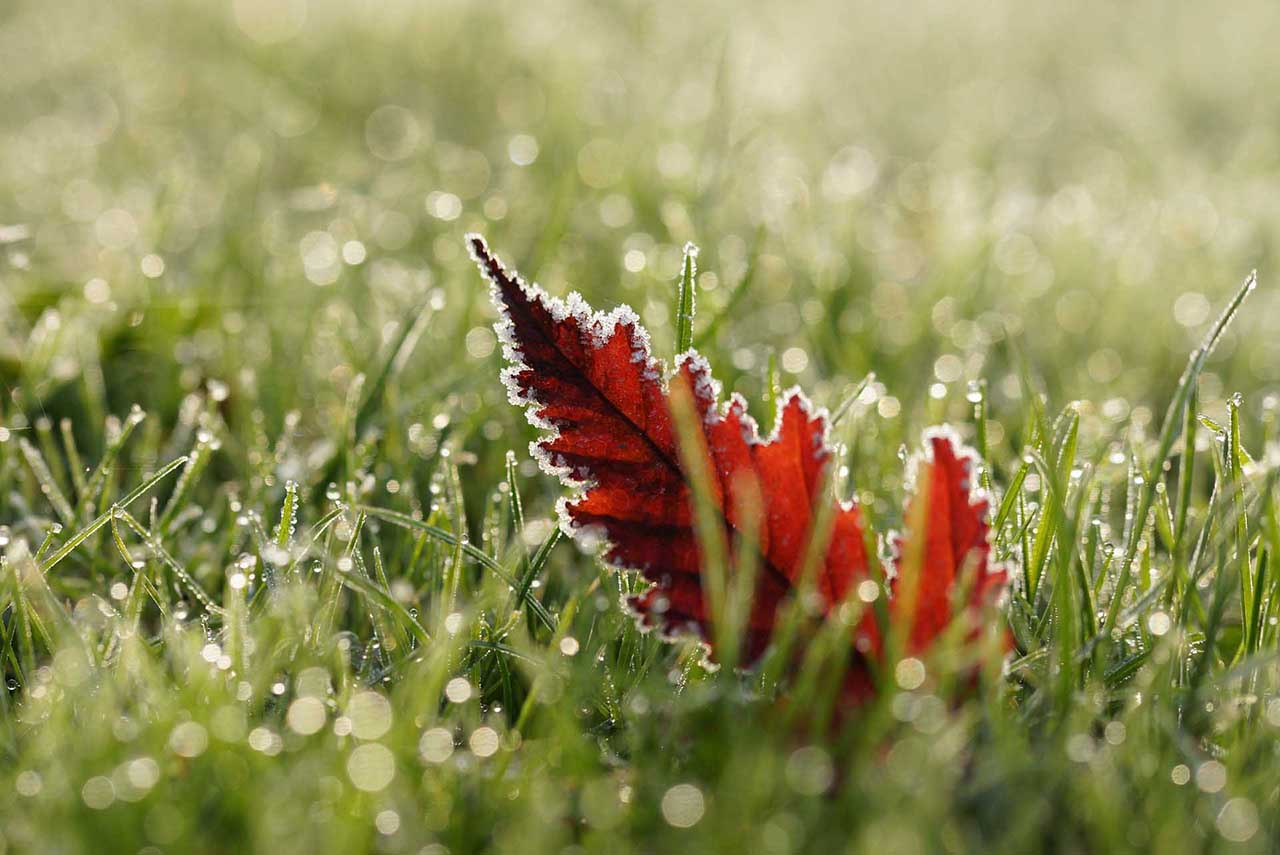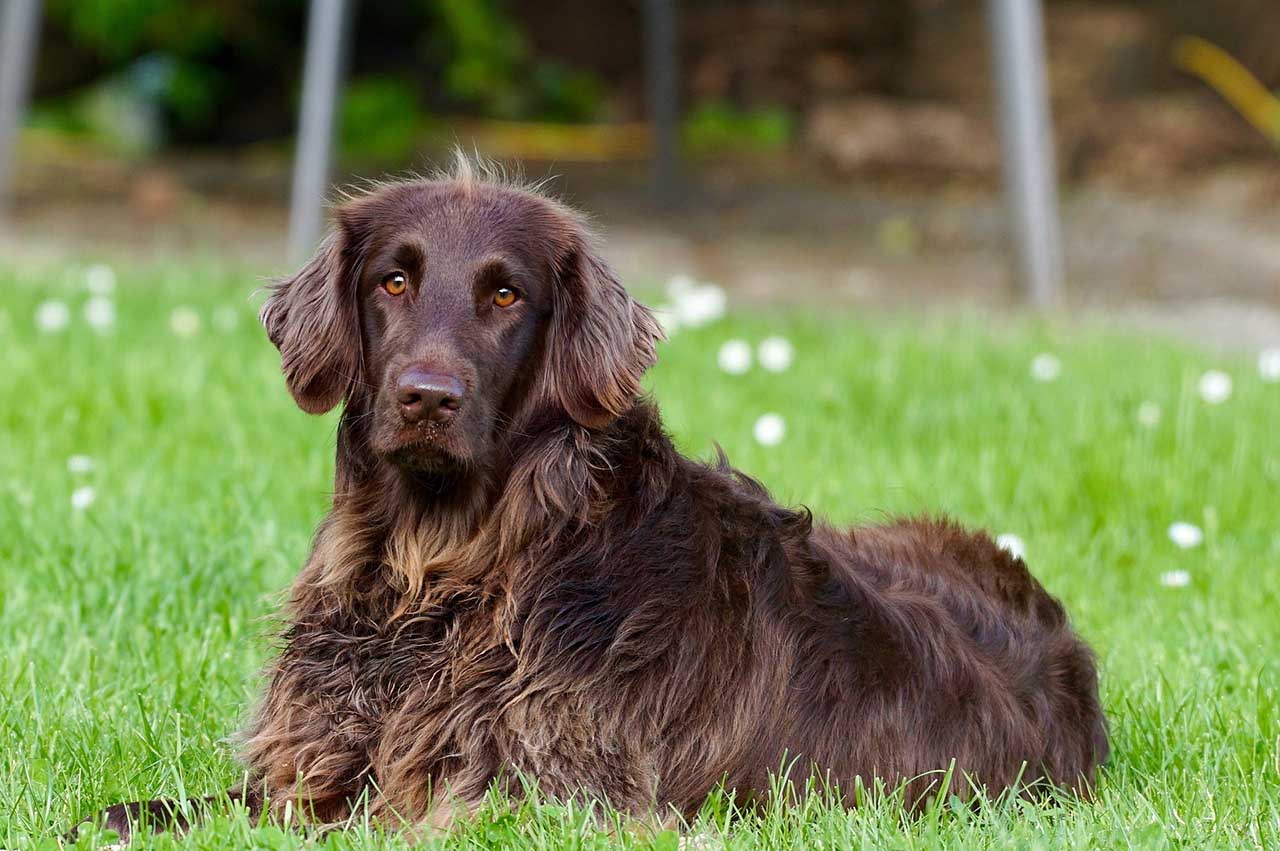Any photographer will tell you, learning the technical skills is the easy part. Making sure you take a creative, unique image is what takes the real skill.
It’s very easy to fall into the trap of only ever showing the world you see from your own perspective. But often the most impactful images are those that take us to another angle to show us something familiar in a way we haven’t seen.
Shooting from an unusual angle is a quick and easy way to make your photos more dramatic, and in this tutorial we’ll show you five simple techniques you can use on a wide range of subjects.

01 Shoot straight up
Shooting straight up is a compositional technique that has been used many times before, but its popularity pervades because it’s a perspective we don’t get to see in our everyday, waking lives.
Fitting a wide-angle lens to your camera and shooting a worm’s-eye view of the world gives any subject a unique appeal and a new way of viewing it.
However, some subjects work even better than others. Trees and buildings, in particular; anything that has a symmetrical pattern will work very well when photographed from this angle.
When composing, try to keep your subject central for maximum impact. Or if your focal point is something at the top of a building – a spire or a hole in a canopy – then it’s worth framing it according to the Rule of Thirds.
SEE MORE: 6 photography composition techniques for more creative images

02 Get down low
Above we told you how to shoot from ground level looking up. Another great angle for adding impact to your images is shooting at ground level, parallel to the ground.
Again, we don’t normally see subjects from this angle in our everyday life, so even a common, normally banal subject will appear dramatic at this angle.
To take a dramatic shot from this angle, lay on the floor or ground and compose an image that includes some of the foreground close to your lens. This helps add a sense of depth to your scene.
If your camera has a tilting or vari-angle LCD screen, these types of images are even easier to compose without getting yourself dirty or wet. But even if your camera doesn’t, it’s still worth getting dirty now and then for a great image!
And, yes, you will need to get on the ground if your LCD is fixed. It’s very important for shots at this angle to make sure there are no background distractions to spoil the view.

03 The ol’ Dutch tilt
Sometimes it can be really difficult to make a subject look interesting, no matter how hard you try. Tall, thin subjects, in particular, can be tricky to capture because they get lost amid the space around them in the frame.
We would suggest you use this technique sparingly – as it can be easily overdone and look gimmicky – but a technique called the Dutch tilt can be a quick and simple way to make an otherwise boring scene look more artistic.
Simply tilting your camera diagonally creates a more unusual composition and lets your subject run from corner to corner through the frame, rather than standing lost and alone in the centre.
We wouldn’t recommend it for portraits but it can be a great way to rescue an urban shot or a landscape.
SEE MORE: 6 beginner photography techniques you can use forever

04 Exaggerate features
We’ve all fallen into the trap of taking postcard shots of famous landmarks, or record shots of landscapes. But sometimes to make your image really stand out it pays to look for the stand-out features of a subject and think about how you can accentuate those.
Most of the time this can be done simply by giving that feature prominence in your composition. For instance, if you were shooting the Eiffel Tower, you might get close with a wide-angle lens and fill the foreground with the tower’s huge, iron legs and let those be lines that lead your eye through the frame to the rest of the tower.
Or if you were shooting inside the atrium inside the British Museum you might want to fill your frame with the patterns in the glass roof. To this end, kneeling down and zooming all the way out with your kit lens might do the trick.
The key here is stopping and thinking about your subject before you go through the motions and shoot it. In fact, that’s good advice for whatever you are shooting!

05 Kneel down
Everyone takes pictures from head height, yet we hardly ever realise that because we go through our lives at head height. It all just looks normal to us!
To make your photo stand out, try kneeling down and composing from a low angle. It’s not quite the worm’s-eye view we talked about above, but it’s different enough to give your viewer a different perspective on the world.
This effect works particularly well with portraits of children or pets.
Another benefit of shooting from this angle is that it often helps reduce background distractions.
READ MORE
6 photography techniques every beginner should learn
11 easy ways to build confidence as a photographer



